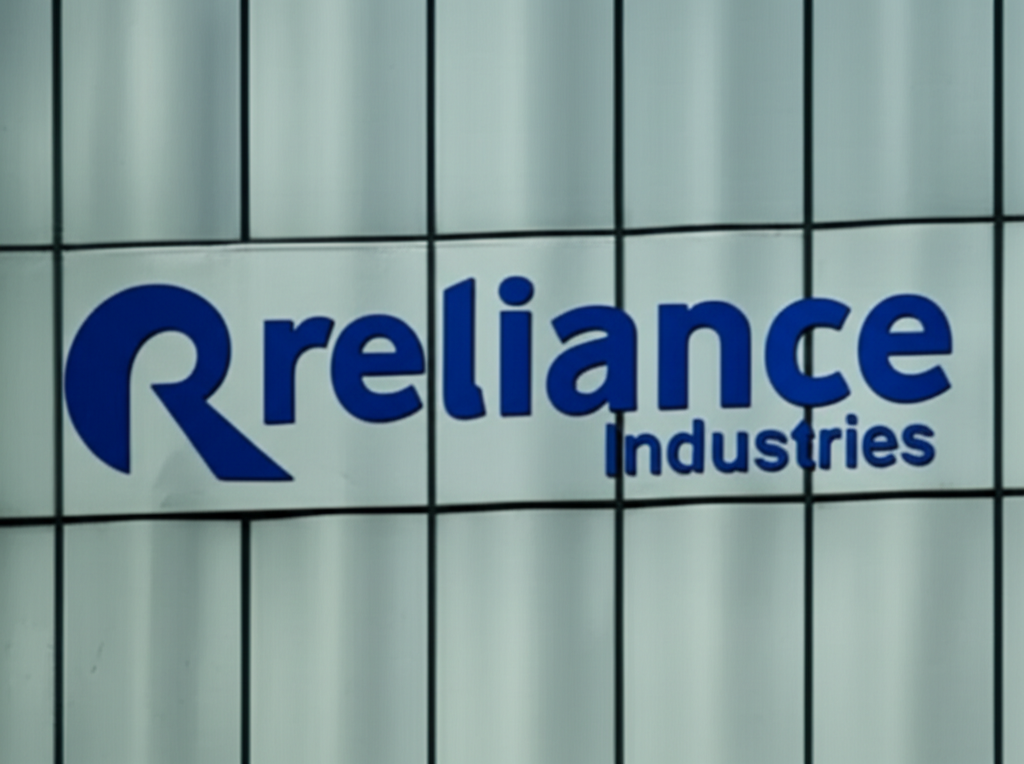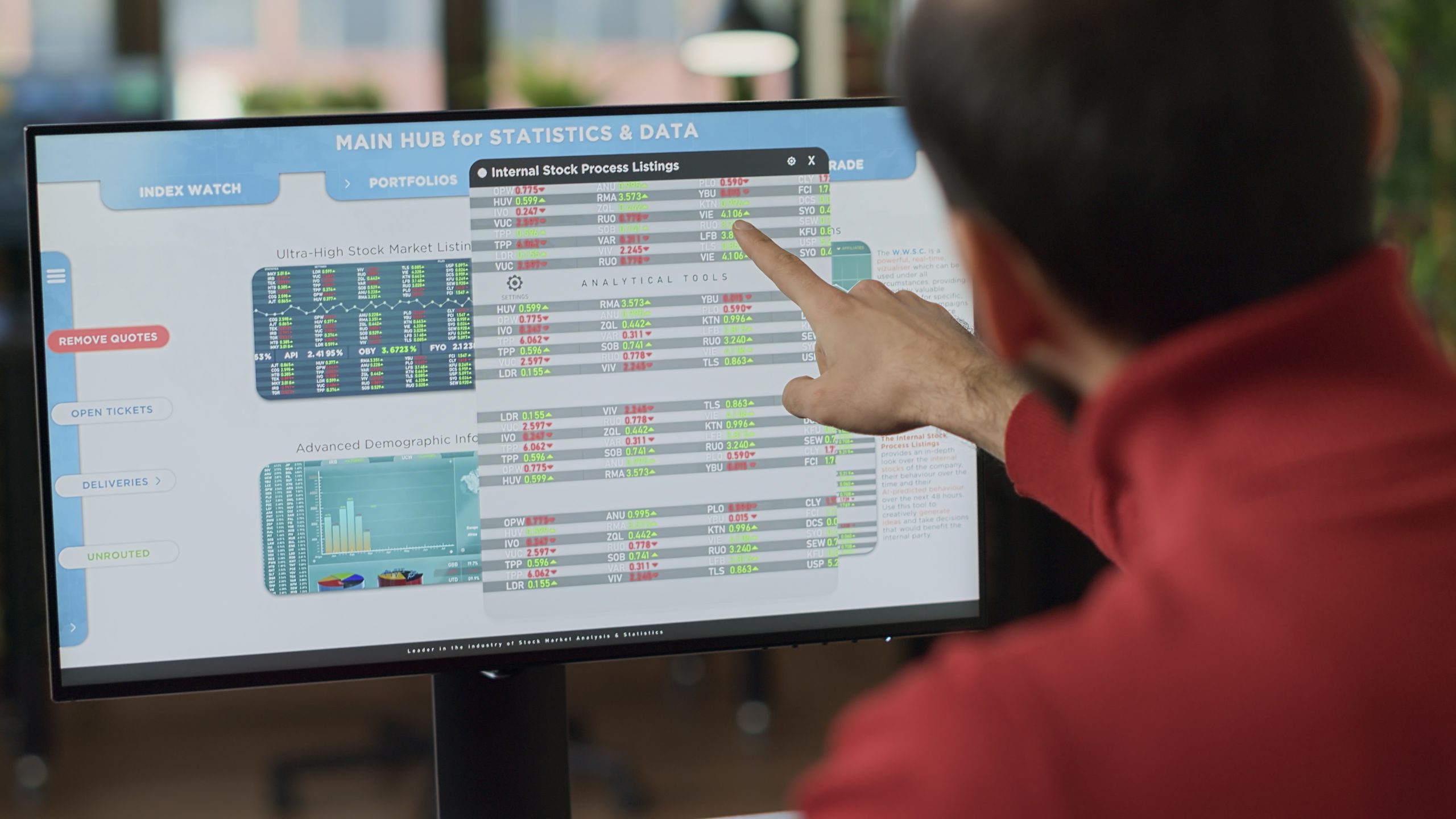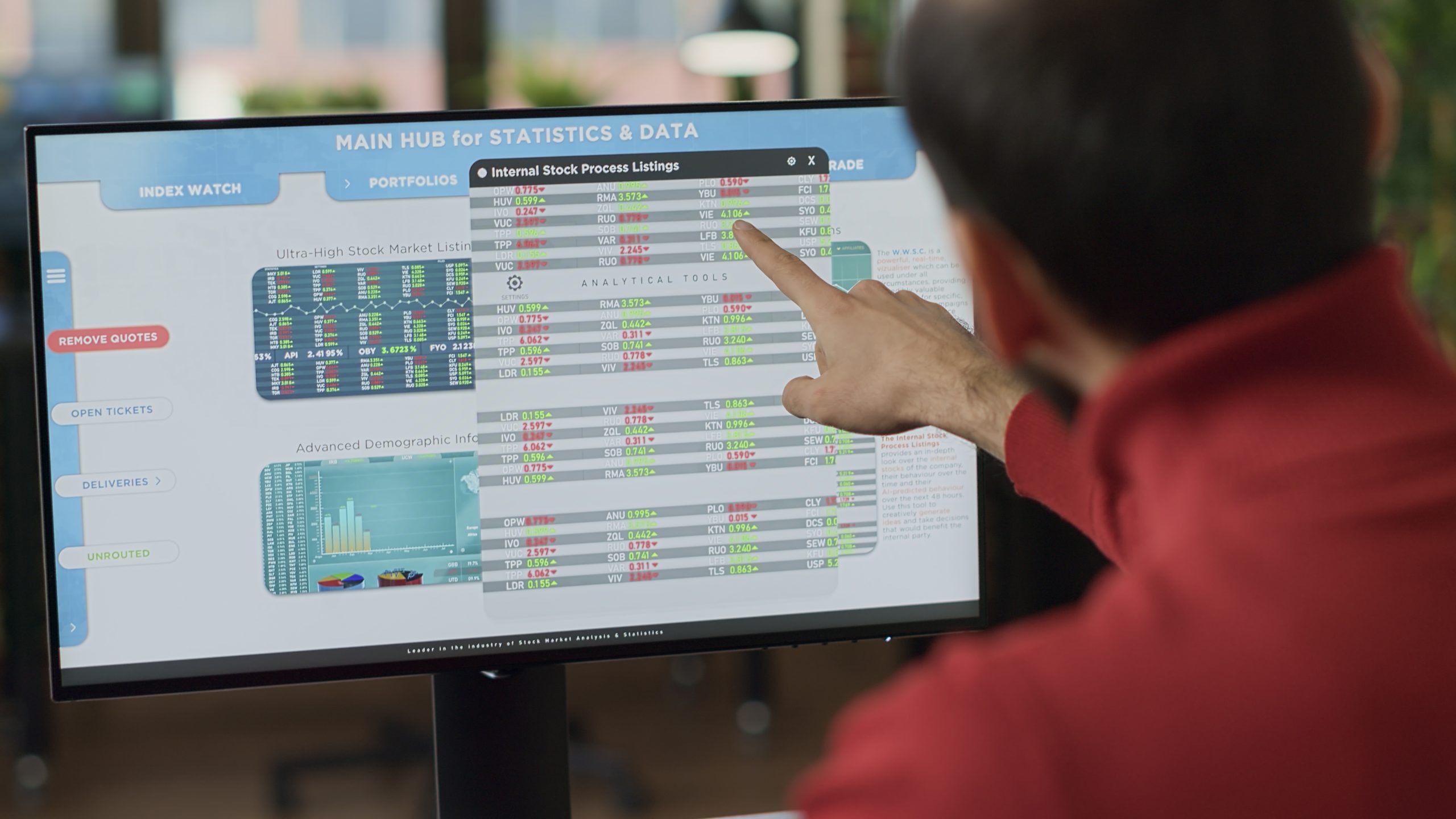Reliance Power has partnered with Green Digital Private Limited (owned by the Bhutanese government) for a ₹2,000 crore, 500 MW solar power project in Bhutan.
Introduction
Reliance Power, a prominent player in India’s energy sector, has announced a significant partnership with Green Digital Private Limited (GDPL), a Bhutanese government-owned entity, to develop a 500 MW solar power project in Bhutan. This ₹2,000 crore (approximately US$240 million) Investment represents a substantial commitment to Renewable Energy and strengthens the burgeoning relationship between India and Bhutan in the clean energy sphere. The project not only underscores Reliance Power’s strategic diversification into renewable energy but also highlights Bhutan’s ambition to become a significant player in regional clean energy export. This collaboration is expected to create jobs, stimulate economic growth in both countries, and contribute significantly to the global effort to combat climate change. The project’s scale and strategic location, coupled with the involvement of a government-owned entity, signals a long-term commitment and potentially lucrative returns for Reliance Power. This article will delve into various aspects of this partnership, providing a detailed analysis of its implications and potential impact.
Recent Financial Performance
To assess the impact of this project on Reliance Power’s financial performance, it’s crucial to examine its recent financial standing. (Note: Specific financial data for Reliance Power would need to be sourced from their official financial reports, stock exchange filings, and reputable financial news sources. This section requires publicly available financial data to provide concrete analysis. Examples of data needed include revenue, profit margins, debt levels, and recent stock performance). A thorough analysis would compare the company’s performance against industry peers and assess its ability to successfully manage the financial implications of this substantial investment. The success of the Bhutan project will ultimately depend on factors such as securing project financing, managing construction costs effectively, and securing long-term power purchase agreements (PPAs). The project’s profitability will also be contingent upon prevailing electricity prices in Bhutan and the potential for exporting surplus power to neighboring countries.
Market Trends and Industry Analysis
The global renewable energy sector, particularly solar power, is experiencing robust growth, driven by increasing environmental concerns, declining technology costs, and supportive government policies. India, in particular, has ambitious renewable energy targets, and this project aligns perfectly with the country’s commitment to cleaner energy sources. Bhutan, known for its commitment to hydropower, is diversifying its energy portfolio into solar power, recognizing its potential for both domestic consumption and export. The partnership between Reliance Power and GDPL sits within this broader context of a rapidly expanding market for renewable energy. (Note: To strengthen this section, include data on the growth rate of the solar energy market in India and Bhutan, along with information on government policies supporting renewable energy development in both countries. Market research reports from reputable firms would be valuable here.)
Analysis of competitive landscapes in both the Indian and Bhutanese energy markets is crucial. This includes assessing the presence of other solar power developers, the existing energy infrastructure, and the regulatory environment. The Bhutanese government’s involvement minimizes some risks associated with policy uncertainties and land acquisition, but a comprehensive competitive analysis is essential for understanding Reliance Power’s position within the market.
Sentiment Analysis of News Headlines
(Note: This section requires real-time data analysis of news headlines and social media commentary related to the partnership.) A sentiment analysis of news headlines and social media posts following the announcement of this partnership would provide valuable insights into public perception. Positive sentiment would indicate strong investor confidence and potential market acceptance. Conversely, negative or neutral sentiment might suggest caution and potential risks. This analysis could be achieved using natural language processing (NLP) techniques to gauge the overall tone surrounding the news. A nuanced understanding of the sentiment expressed by stakeholders, including investors, environmental groups, and local communities in Bhutan, will be crucial in assessing the overall success of the project.
Regulatory and Macro-Economic Factors
The regulatory environment in both India and Bhutan plays a vital role in the success of this project. Clear and supportive policies concerning land acquisition, environmental clearances, and power purchase agreements are essential. Macroeconomic factors such as exchange rate fluctuations, inflation, and overall economic growth in both countries will also influence the project’s financial viability. (Note: Details regarding the specific regulatory frameworks in India and Bhutan concerning renewable energy projects are needed here. This section should detail relevant regulations, including those pertaining to environmental impact assessments, grid connectivity, and taxation. Access to macroeconomic forecasts for both countries is important for a comprehensive analysis.)
Risk Factors
Several risk factors could potentially impact the project’s success. These include geopolitical risks related to the India-Bhutan relationship, environmental risks associated with large-scale solar projects (e.g., land use, habitat disruption), financial risks related to project financing and cost overruns, and technological risks associated with the reliability and performance of the solar power plant. The project’s dependence on the successful negotiation and execution of power purchase agreements (PPAs) represents a key risk. A thorough risk assessment must encompass both country-specific risks and project-specific challenges. Delays in securing necessary permits and approvals, unforeseen technical difficulties, and fluctuations in global solar panel prices all pose potential threats to project timelines and budgets.
Future Outlook
The future outlook for this project depends on several factors. The successful completion of the project on time and within budget will be crucial. The long-term performance and profitability will depend on the effectiveness of operations and maintenance, the reliability of the power plant, and the ability to secure long-term contracts for power sales. The potential for exporting surplus electricity to India or other neighboring countries will significantly influence the project’s overall financial returns. The project could serve as a blueprint for future collaborations between India and Bhutan in the renewable energy sector, potentially leading to further investments and technological advancements in the region.
Recommendations for Investors
(Note: This section requires a thorough analysis of the financial data and risk factors mentioned above. Specific recommendations will depend on individual investor risk tolerance and investment goals.) Given the inherent risks and uncertainties associated with large-scale infrastructure projects, investors should carefully assess the project’s financial viability and the overall risks involved before making investment decisions. A detailed due diligence process, including a thorough review of the project’s financial projections, risk assessment, and regulatory approvals, is essential. Considering the strategic importance of the project and its alignment with broader trends in the renewable energy sector, investors with a long-term perspective and a tolerance for moderate risk might find this project an attractive opportunity. However, thorough research and professional investment advice are strongly recommended before making any investment decisions.
Disclaimer: This article provides general information and analysis based on publicly available data. It does not constitute investment advice. Investors should conduct their own due diligence and seek professional financial advice before making any investment decisions.















0 Comments